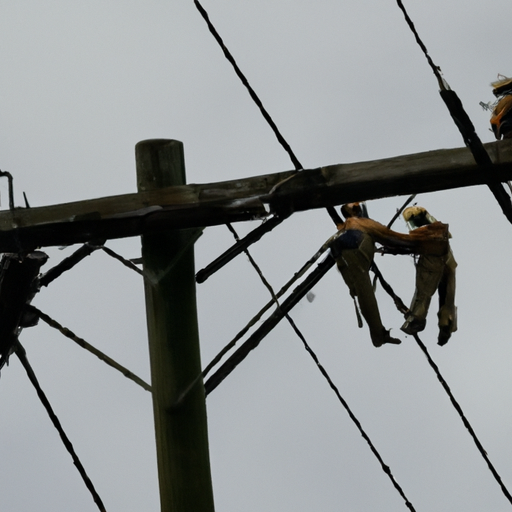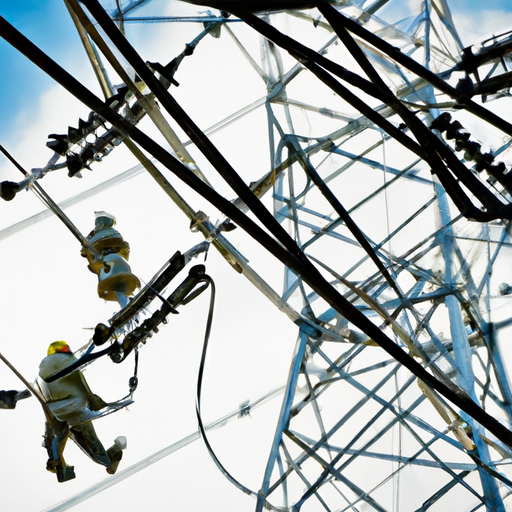In this article, you will learn about the advantages and disadvantages of being a lineworker. Lineworkers play an essential role in maintaining and repairing electrical power systems. They are responsible for ensuring that electricity reaches homes and businesses, but their job can also come with certain challenges and risks. Let’s explore the pros and cons of being a lineworker.
One of the advantages of being a lineworker is the opportunity for a rewarding career. As a lineworker, you have the satisfaction of knowing that you are providing a vital service to your community by keeping the power grid up and running. Additionally, lineworkers often receive competitive salaries and benefits, which can make it a financially stable occupation. However, it’s important to note that the job can also have its drawbacks. The work can be physically demanding and requires being on call for emergencies, which means working long hours and potentially being away from family and friends. Furthermore, lineworkers are often exposed to hazardous conditions and must take precautions to ensure their safety.
Exploring The Benefits and Disadvantages of Lineworkers
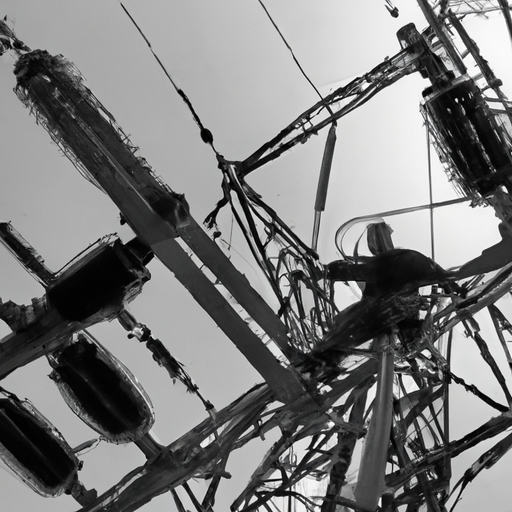
Advantages of Lineworkers
Job Security and Stability
One of the biggest advantages of being a lineworker is job security and stability. With the continuous demand for lineworkers, there is always a need for their expertise in maintaining and repairing power lines and electrical systems. Regardless of economic fluctuations, lineworkers can enjoy a sense of stability in their careers.
High Earning Potential
Lineworkers often enjoy a high earning potential. Due to the nature of their work, which involves working in hazardous conditions and handling high-voltage equipment, they are compensated with competitive wages. In addition, they have opportunities for overtime and hazard pay, further increasing their earning potential. Many utility companies also offer comprehensive benefit packages to their lineworkers.
Opportunity for Skill Development
Working as a lineworker provides ample opportunities for skill development. Lineworkers need to possess technical expertise in electrical systems, troubleshooting, and equipment operation. They are constantly challenged to develop problem-solving abilities to efficiently address any issues that may arise on the job. Ongoing training and professional growth are also integral parts of a lineworker’s career, allowing them to stay up-to-date with the latest technologies and safety protocols.
Essential Role in Society
Lineworkers play an essential role in our society by maintaining the power supply and ensuring the smooth running of electrical infrastructures. They are responsible for restoring power during outages, working diligently to minimize disruptions and inconveniences for communities. Their contributions to public safety cannot be overstated, as they ensure that electrical systems are functioning safely and reliably.
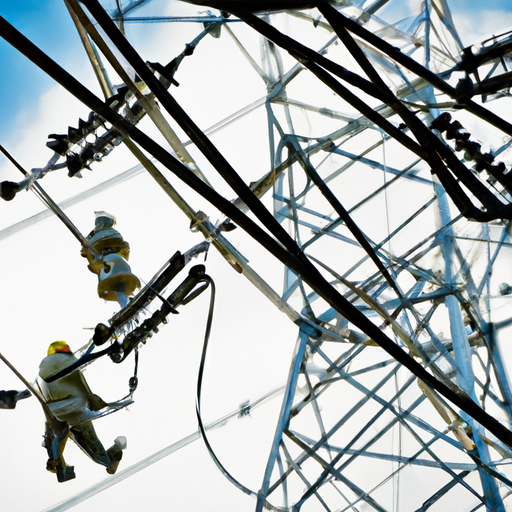
Disadvantages of Lineworkers
Risk of Injury and Fatality
While the job of a lineworker comes with numerous advantages, it also poses significant risks. Working at heights and with electricity exposes lineworkers to potential accidents and injuries. The nature of linework often requires them to perform their duties during inclement weather conditions, making the job even more hazardous. Additionally, equipment-related accidents can occur if proper safety precautions are not followed.
Emotionally and Physically Demanding
Being a lineworker is both emotionally and physically demanding. Lineworkers often face stressful situations, such as dealing with power outages that affect large areas or responding to emergency calls. This requires them to handle pressure and make critical decisions quickly. Physically, the job can be exhausting, as lineworkers frequently work long hours in challenging weather conditions. They must maintain focus and alertness to ensure their safety and the efficiency of their work.
Challenging Working Conditions
Lineworkers are exposed to challenging working conditions on a regular basis. They often work in extreme temperatures, enduring sweltering heat in the summer or freezing cold in the winter. Additionally, lineworkers may need to travel to remote locations, sometimes spending extended periods away from their families and homes. Working in hazard zones, such as areas affected by natural disasters or industrial accidents, also poses additional risks and challenges.
Work-Life Balance Challenges
Maintaining a healthy work-life balance can be challenging for lineworkers due to the nature of their work. They are often required to be on-call and work irregular hours, including nights, weekends, and holidays. This can limit their availability for personal commitments and leisure activities. The demanding schedule and time away from home can also have an impact on relationships and family life.
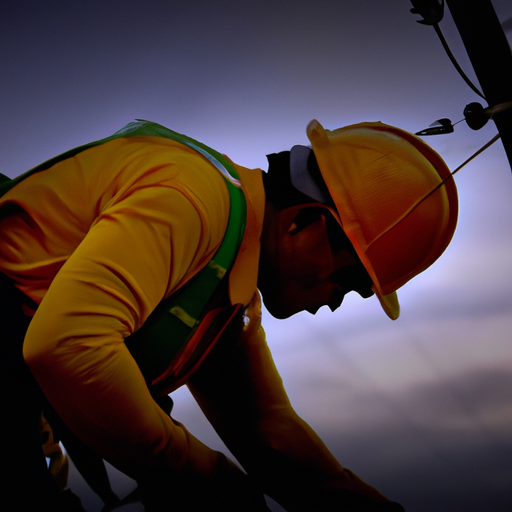
Job Outlook and Future Prospects
Continuous Demand for Lineworkers
The demand for lineworkers remains consistently high, ensuring a steady stream of job opportunities. As the population grows and the infrastructure expands, the need for skilled lineworkers to maintain and upgrade electrical systems becomes even more critical. This continuous demand offers long-term career prospects for individuals pursuing a career as a lineworker.
Essential Infrastructure Maintenance
Lineworkers are essential in maintaining and repairing the electrical infrastructure that powers our daily lives. From residential areas to commercial spaces, lineworkers are responsible for ensuring the reliable supply of electricity. Their work is vital for keeping technological advancements, transportation systems, and various industries functioning smoothly.
Long-Term Career Prospects
The long-term career prospects for lineworkers are promising. As new technologies and renewable energy sources emerge, lineworkers will be at the forefront of implementing and maintaining these systems. The evolving nature of the electrical industry presents opportunities for lineworkers to develop new skills and specialize in emerging fields, such as solar power or smart grid technology.
In conclusion, becoming a lineworker comes with its fair share of advantages and disadvantages. The job provides job security, high earning potential, opportunities for skill development, and an essential role in society. However, lineworkers also face the risks of injury and fatality, endure physically and emotionally demanding work, deal with challenging working conditions, and struggle with work-life balance. Despite the challenges, the continuous demand for lineworkers, essential infrastructure maintenance, and long-term career prospects make it an attractive career choice for those with the necessary skills and dedication.
